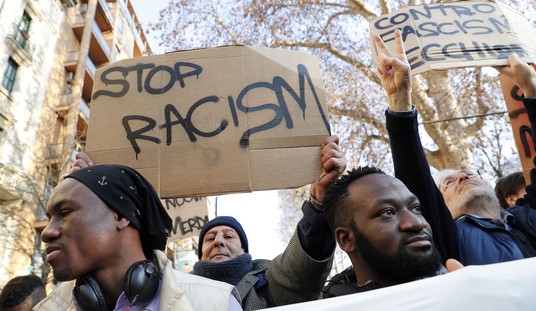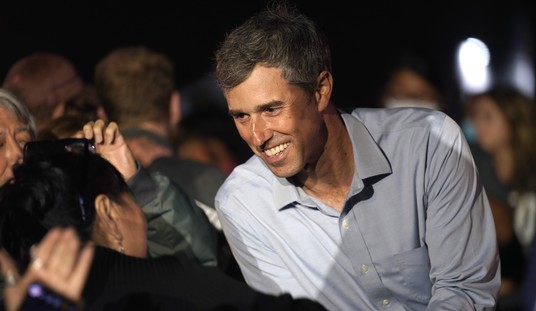Just weeks before President Donald Trump took decisive action to federalize the Washington, D.C., police force in response to spiraling crime, troubling allegations surfaced suggesting that local police officials had been manipulating crime data to downplay the true extent of the crisis.
According to D.C. Police Union Chairman Gregg Pemberton, front-line officers responding to serious violent crimes were often pressured by higher-ups to downgrade those incidents on paper. “When officers arrive at scenes involving felonies like shootings or carjackings, a lieutenant or captain frequently shows up and instructs them to write it up as something less serious—like a simple theft or an injury report,” Pemberton told NBC Washington in July.
The practice, if true, paints a disturbing picture of a city leadership more interested in managing public perception than tackling crime. One commander, Michael Pulliam, was suspended in May after being accused of altering crime data in his district. While he has denied wrongdoing, his suspension came just a week after he filed an Equal Employment Opportunity complaint against a superior—raising questions about the motivations on both sides.
Despite requests for transparency, the Metropolitan Police Department declined to comment further, telling Fox News Digital that it does not discuss ongoing internal investigations.
The broader context is even more alarming. Violent crime in the nation's capital has surged since the post-2020 era, with high-profile murders and attacks becoming distressingly common. The city’s leadership has appeared paralyzed, unwilling—or unable—to address the root of the problem. In response, President Trump exercised his authority under Section 740 of the District of Columbia Home Rule Act, asserting emergency federal control over the local police force for 30 days.
Recommended
This bold move underscores the failure of local governance and the need for strong leadership that prioritizes the safety of law-abiding citizens over political optics. As crime continues to rise and confidence in local leadership erodes, the federal government may once again need to intervene to restore order and accountability in the nation's capital.























Join the conversation as a VIP Member